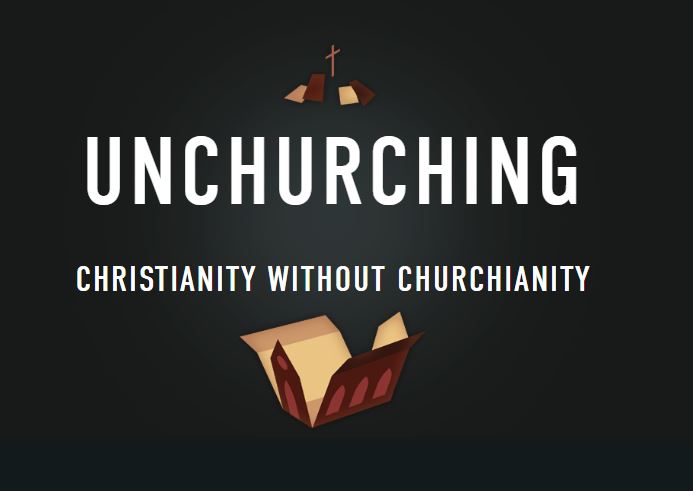When the big institutional churches may still count on 20% who are still in churches and are happy, their members may not see major problems within their congregations or problems resulting from their institutional practice of faith. To them, church attendance is a practical and enjoyable expression of faith.
Though of the 30% who are in churches can not say they are happy, but indicate they are unhappy. They see major problems but continue with church attendance for a variety of reasons. The important thing for this group is that, despite all it’s flaws churches are still worth supporting through attendance and possibly finances.
We may wonder why they do not dare to question their pastors or ministers more and go not look for the real happiness in their Scriptures. For many a real confrontation with what is written in the Book of books seems to dangerous and to much bringing them in confusion, and that is something they do not like; They want a certain certainty? When reading the Bible they encounter too many things which seem so muddling or confusing with the many church doctrines and to leave church doctrines aside looks for them as treason to the community. They forget they are better to do treason to the world of man than to the world of God. That is what Jesus and the other prophets are all about when they talk not to be of this world but to belong to God.
40%of those who abandoned their church see the institutional churches of our era as more damaging than helpful to the Kingdom, and have walked out on the institutions their parents and grandparents built, to practice faith in a far more personal way, a far more tight-knit community.
It becomes time that those who left the institution churches come to see there are other ways to come to God and to please God, but that we still have to come together to unite as brothers and sisters in Christ.
The "Unchurching" is a growing movement of Christians who are leaving churches and the allegiance to trappings churches demand in order to find God, experience him more personally, and enjoy smaller, tight-knit communities that don’t put institutional concerns in front of godliness.
We can only hope they shall be able to find like minded people who find it more important to come to Biblical truth and to worship God in the way that God wants to be worshipped.
For those who left their big institutional church they, when they look for an other community of believers, should know
It isn’t about moving the same old church practices to a smaller venue. It’s about reassessing every one of those practices to see if they meet the needs of the Kingdom, advance the message of the Gospel, and draw closer to God.











